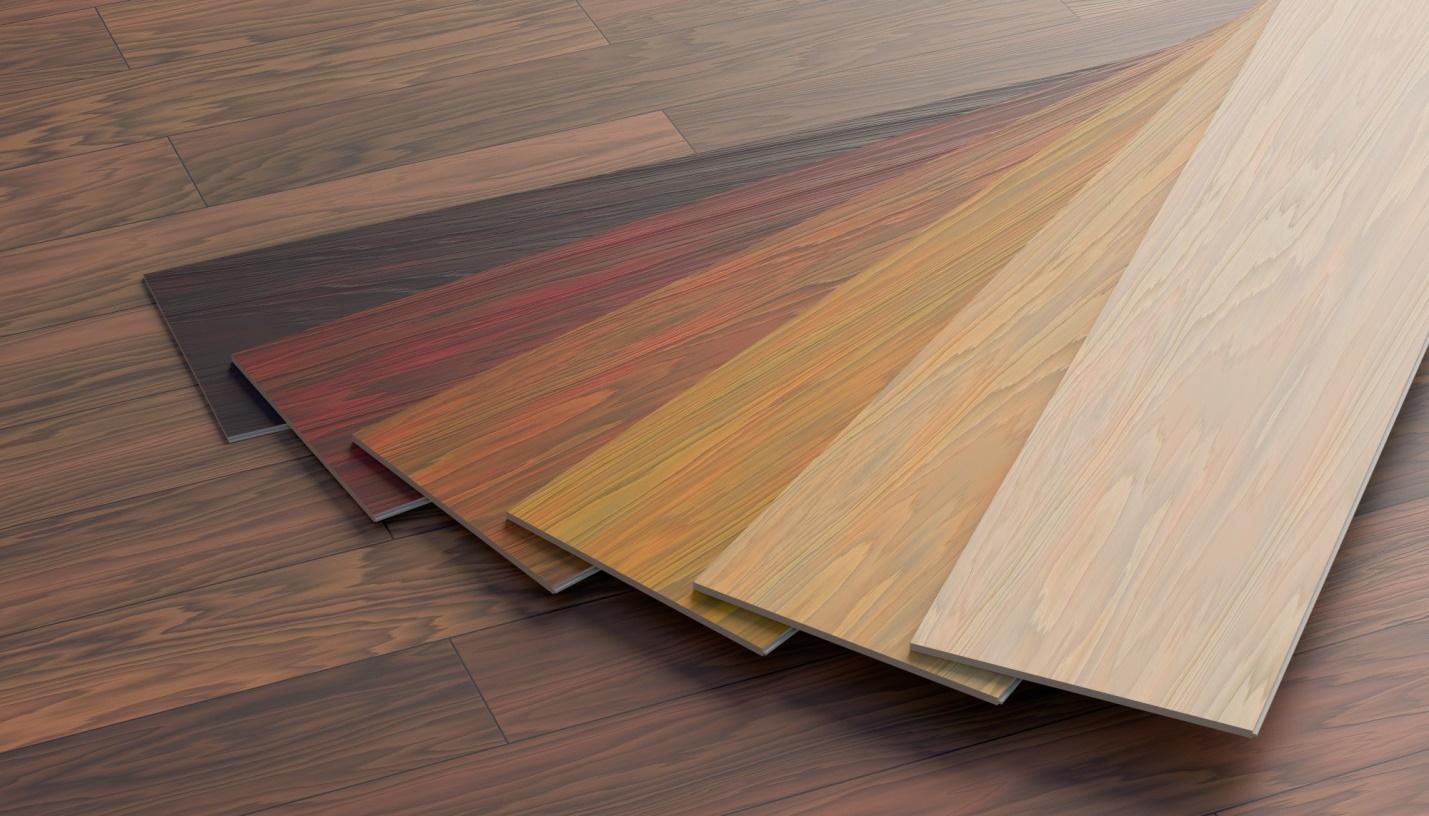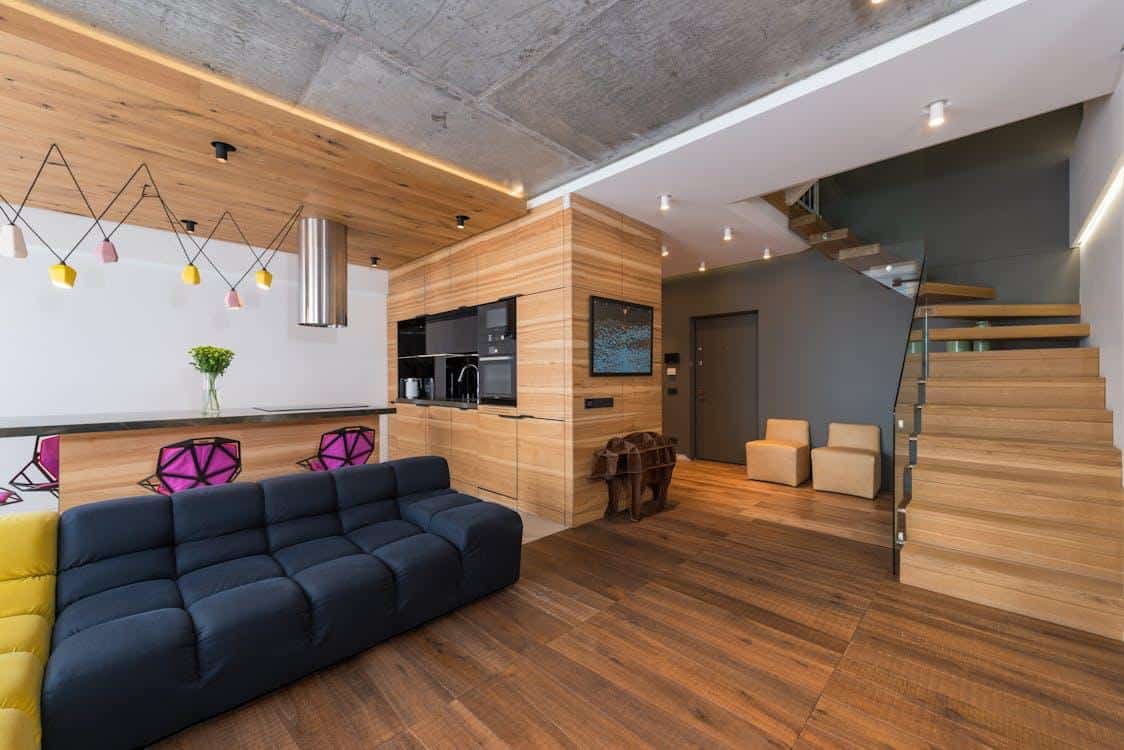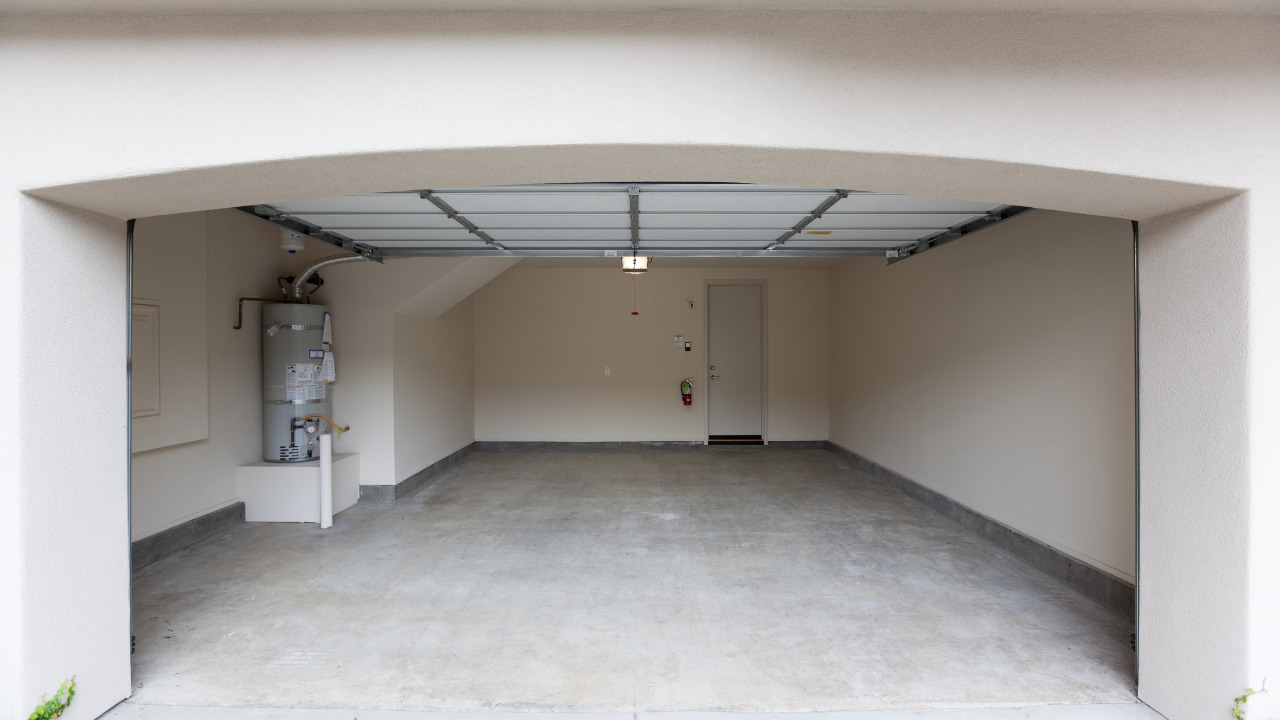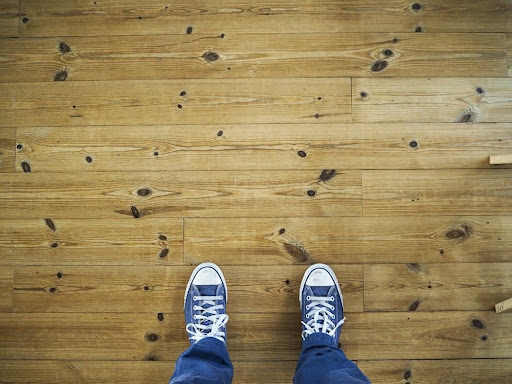Have you ever found yourself lost in the aisles of a home improvement store? Maybe you’re wondering which type of flooring is best for your home. You’re not alone!
It’s a common dilemma faced by homeowners worldwide. To help you shed some light on this topic, we’ll break down the basics of solid hardwood vs engineered hardwood to help you find the one that fits your home.
Let’s dive right in!
Table of Contents
Comparing Engineered and Solid Hardwood Flooring Cost
Solid hardwood flooring tends to be more expensive than engineered hardwood. It’s made of 100% wood, which increases its cost. Depending on the type of wood, the price can range from $5 to $10 per square foot, excluding installation costs.
On the other hand, engineered hardwood has a lower price point because it’s constructed with a thin layer of hardwood on top of high-quality plywood. It tends to fall between $3 and $7 per square foot, excluding installation.
The total cost can be influenced by factors like the wood species, plank thickness, and finish. So, it’s crucial to factor in these elements when budgeting for your flooring project.
Lifespan Expectancy of Hardwood Floors
Solid hardwood tends to have an edge over engineered hardwood. They can last several generations, often over 100 years. This is due to their thick construction, allowing them to be sanded down and refinished multiple times.
On the contrary, the engineered hardwood can be a bit less lengthy, generally lasting around 20-30 years. Its top layer, while made of real wood, is thin and can only be sanded a few times before it wears through.
Despite this, with good care, some high-quality engineered floors can last as long as solid hardwood.
Floor Care and Maintenance
Regular sweeping or vacuuming can help keep dust and dirt at bay. It’s also best to avoid excessive moisture, as wood can warp or swell with prolonged exposure to water.
Whenever spills occur, prompt cleaning is recommended to prevent staining. For deeper cleaning, use products specially designed for hardwood floors, instead of abrasive cleaners.
If your floors start to look dull or worn, solid hardwood can be refinished multiple times, while engineered hardwood can only handle a few refinishing sessions due to its thinner top layer of hardwood.
Overall, with a little bit of daily care and periodic maintenance, you can help extend the life of your floors, be they solid or engineered.
Picking the Right Hardwood Flooring Sizes
Hardwood flooring comes in different widths and lengths. Typical plank widths range from 2 1/4 inches to 7 inches or more.
Additionally, narrow planks create a more traditional look, while wider planks provide a contemporary aesthetic and can make a room appear larger.
Furthermore, longer planks often provide a more streamlined look as they have fewer end joints. Remember, the size of the room should always be considered when choosing plank size.
If you’re still unsure about which type of hardwood flooring suits your home, consulting with a reputable establishment like Atlanta Flooring Store can be incredibly beneficial. Their expertise can guide you in choosing what’s best for your specific needs, lifestyle, and budget.
Key Differences Between Solid Hardwood vs Engineered Hardwood
The decision between solid hardwood vs engineered hardwood hinges on multiple factors. Both options offer their unique advantages and can drastically enhance the look and feel of your home.
Remember that the best floor for your home is not necessarily the most expensive one. So take your time to compare each types of flooring before making your final call. There’s a perfect fit waiting just for you.
Did you find this article helpful? Check out the rest of our blog now!





